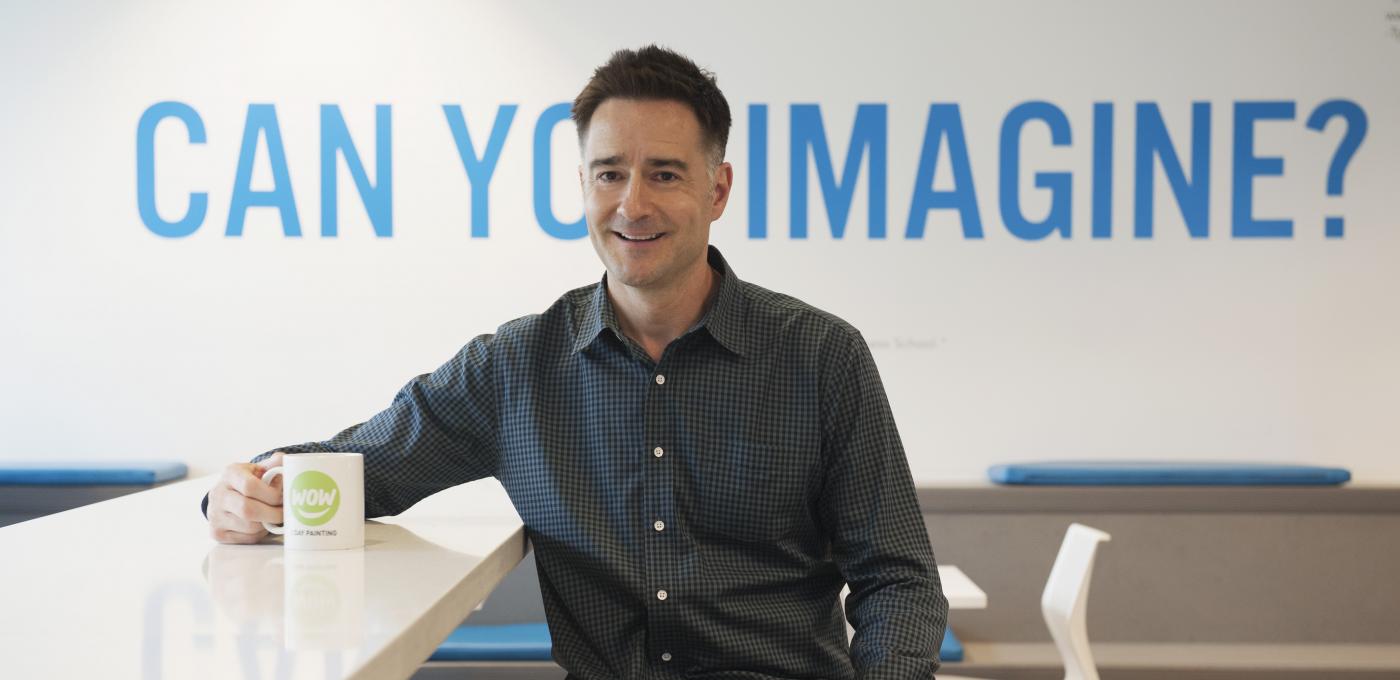
What Skipping School Taught Me About Business
This article was contributed to Profit by Brian Scudamore
Thanks to undiagnosed ADHD, I spent much of my preteen life dreading the classroom. But in high school, I made a discovery: I could simply not go. So I went ahead and skipped most of the school year.
I failed grade eight, but when I look back on this time now I can see how integral it was to my future in business. I was a risk-taker determined to make my own way—something I have in common with many other successful entrepreneurs. Richard Branson dropped out at 16 to start his first business; Topshop’s Philip Green left high school at 15.
Each of us sought education outside of the classroom and the lessons we learned were integral to own entrepreneurial journeys. Here’s what skipping school taught me about business
LESSON 1: GO YOUR OWN WAY
My grandfather owned his own store, so I knew from an early age that there were many different ways to answer that question always asked of young people: “What do you want to be when you grow up?”
Armed with this understanding, and bored at high school, I realized I had two options: I could continue falling asleep through history class, or I could follow in my grandfather’s footsteps. I chose the latter, and started to sell candy out of my dorm room.
The best thing about running a side business at 14 years-old was the immediate and tangible reward of doing exactly what I wanted to do—and being good at it. It was more enjoyable than acing any test.
LESSON 2: GET SMARTER SYSTEMS
I may have failed grade eight, but that didn’t stop me from skipping class. Instead, I got smart about how I did it, figuring out when my presence was necessary and when I could bail. I managed to pass biology by, for example, showing up on exam day.
This system continues to serve me well as an entrepreneur. When I am invited to a meeting I always ask myself: Am I really needed? What value will I add? If I cannot sufficiently answer these questions then I will (respectfully) skip the meeting.
LESSON 3: ADMIT WHEN YOU’RE WRONG
The one rule about breaking rules? You might get caught. After failing eighth grade, I was sent to boarding school as punishment. It was a reminder that I couldn’t evade responsibility for everything.
During the recession, that lesson came back around. We had to let a lot of people go and I knew it was due in part to some poor spending decisions. Owning that mistake in front of my team was incredibly difficult, but showing accountability has always been a big party of my business philosophy. In the end, it helped us maintain a culture of transparency and trust.
• • • • •
I’m not telling you that if you’re entrepreneurially-minded, you should skip school. But I do think that a one-size-fits-all approach to education doesn’t work either. Many educators and thought leaders are starting to agree, from Mark Zuckerberg (who recently invested in personalized learning technology) to boutique charter schools like AltSchool (which prioritizes individual learning plans for students).
With these new models, I am confident the next generation of thinkers and business leaders will learn valuable entrepreneurial lessons inside as well as outside the classroom.






